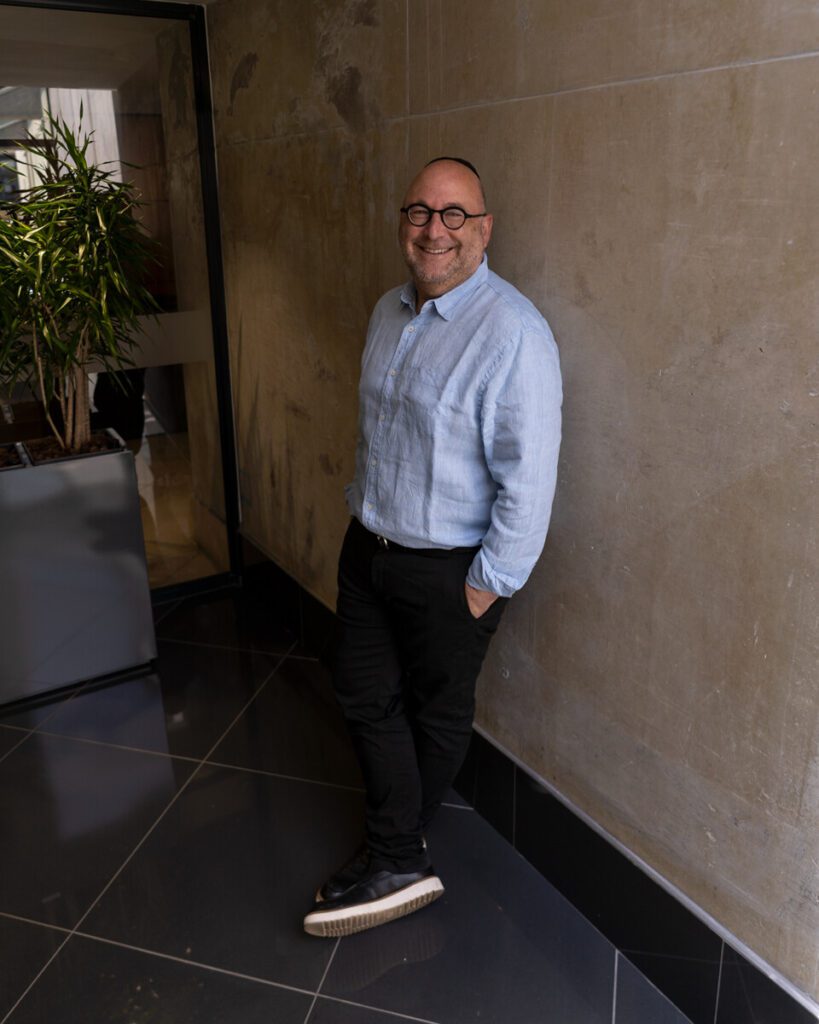It’s not just the African National Congress who has a problem. Any political party, company or team within an organisation will experience the same challenge. How do they know with any confidence that they are focusing on the right things? And if they are not, how do they determine what that focus should be?
Because there is so much noise.
One of the most significant challenges for companies and teams is to block out the distractions that swirls around them. Marketers more than many others experience this, as clients, in their enthusiasm, often want to share as much positive information as possible. The result is that the potential client doesn’t hear the essence of the message, runs out of energy, and the company itself loses the ability to communicate.
When checking in with teams and with organisations, I have found it useful to ask three basic questions that are designed to focus them on what is important:
- What should we continue doing?
- What should we stop doing?
- What should we start doing?
The past weekend saw the ANC gather for their conference. The issues were numerous and the distractions multiple. The “step-aside rule,” leadership struggles, corruption and unity challenges all battled for center stage and for attention. As did a lonely Carl Niehaus who added to the noise by standing in sad silent protest with the sign that read “Ramaphosa must go”.
The noise was intense.
Imagine for a moment if instead the ANC had to use the time to ask itself three questions. And imagine if they were prepared to answer them. Imagine if they were to hold up a mirror for long enough to see their own reflection.
What should the ANC continue doing? The question is easily answered and is as important as the other ones. They should continue to respect the constitution, the courts of the country and the democratic process. Whereas they might be guilty of many things, it has to be acknowledged and noted that this is not one of their transgressions.
What should they stop doing? In an ideal world, the ANC would answer the question, but it is fairly obvious that theft and corruption should be a no-no. They should stop taking advantage of the citizens of the country and they should stop obfuscating when it comes to accountability. They should also stop thinking that they hold the exclusive ability to solve the problems of the country, especially as they themselves have caused a fair number of them. They should also stop being so internally focused as a first step to accepting that this isn’t all about them. They have a country to report to and the soap opera that the party has become, does not serve them or the people of South Africa.
What should the ANC start doing? They should start accepting responsibility for their role and contribution to the dire situation in which the country finds itself. They should give up the need to control and they should start talking to their citizens: not in political and outmoded language that might have served them years ago, but in plain understandable language that doesn’t hide behind layers of political double speak. The ANC needs to start communicating in the language of their citizens. And that might mean answering questions, engaging with the media and accepting that they are answerable.
The three questions should not only be asked of the organisation itself, but of each department. Each area of the ANC should be required to hold up the mirror and to evaluate its performance honestly. Perhaps then we might see a shift in the right direction.
The ANC conference was an important event. It strengthened President Cyril Ramaphosa’s position, it held on to the step aside rule and it displayed moments of introspection. Now the ANC needs to continue what it started … which it can do by asking itself three very basic questions.





